Photos: Otumfuo Sir Osei Agyeman Prempeh II’s book on Asanteman History launched
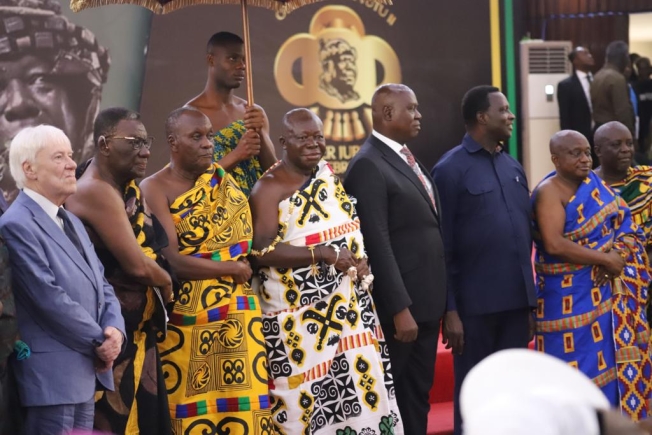
After more than five decades after his death, a book on the History of Asanteman authored by Otumfuo Sir Osei Agyeman Prempeh II, has finally been launched in Kumasi.
The book which was edited by Prof Tom McCastie, a professor on Asante History at the Centre of West African Studies of the University of Birmingham in the United Kingdom, is an autobiography of the 14th Asantehene who reigned from 1931 to 1970.
The book launch formed part of activities marking the 150th commemoration of the Sagrenti War and the silver jubilee of the Asantehene Otumfuo Osei Tutu II.
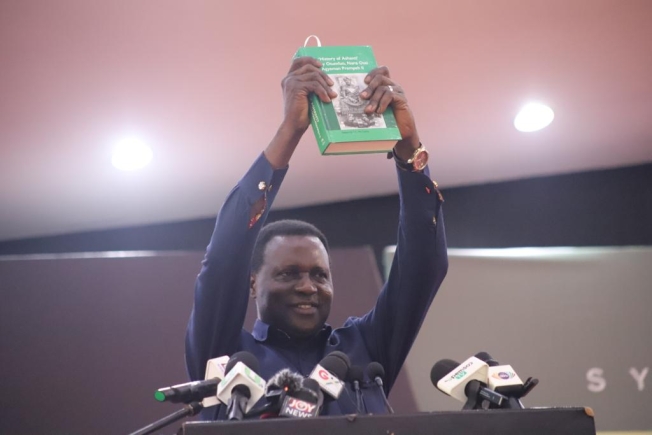
Research material
Launching the book, the Minister of Education, Dr Yaw Osei Adutwum, said the book would bridge the gap in Ashanti history and also serve as a research material on Asante History.
He said there have been books on the history of Asanteman but none as comprehensive as the one authored by the late Otumfuo Sir Osei Agyeman Prempeh II and edited by one of foremost experts on Asante history.
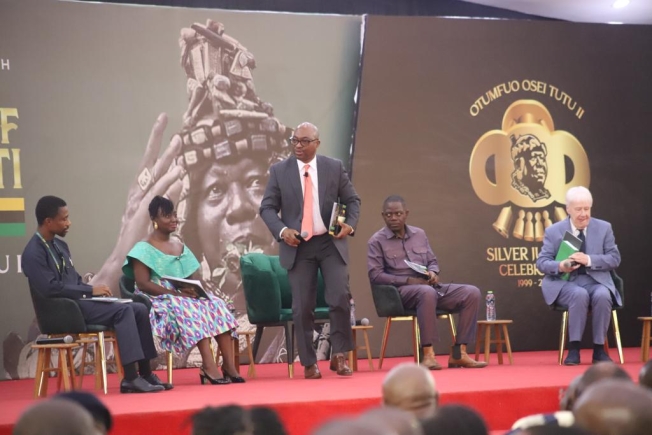
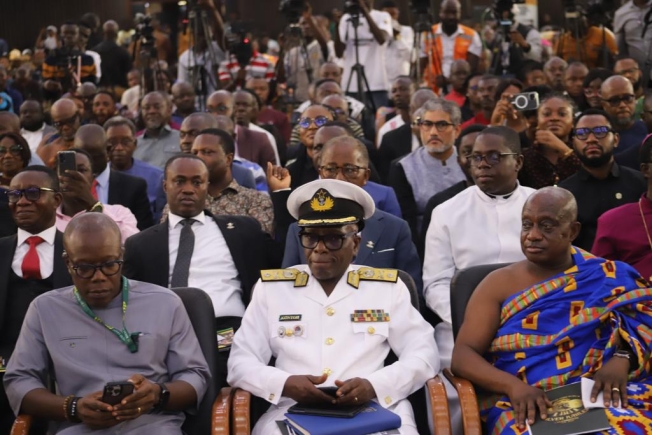
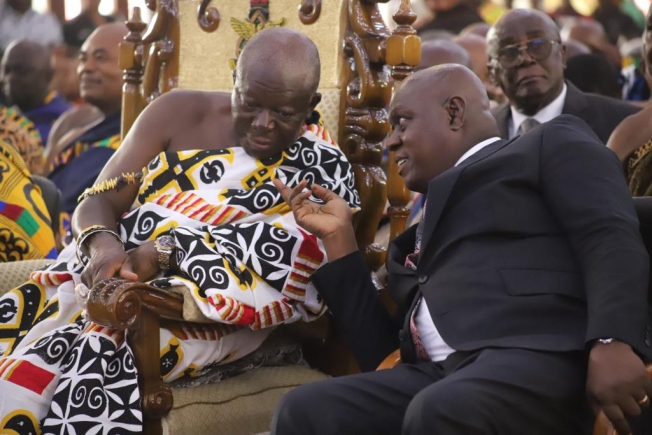
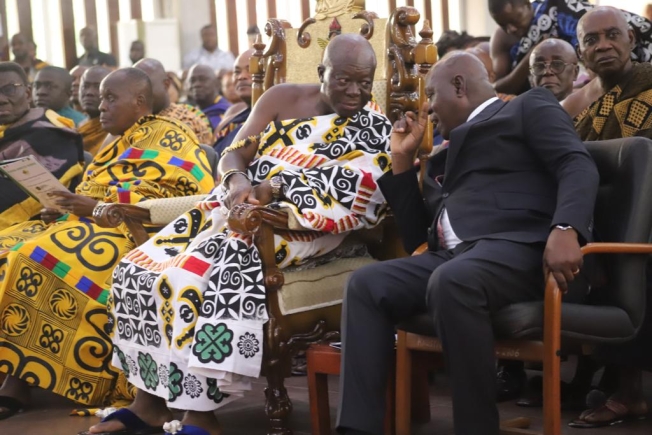
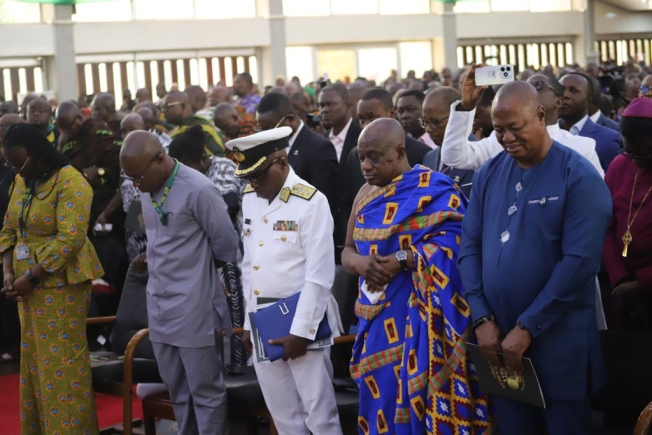

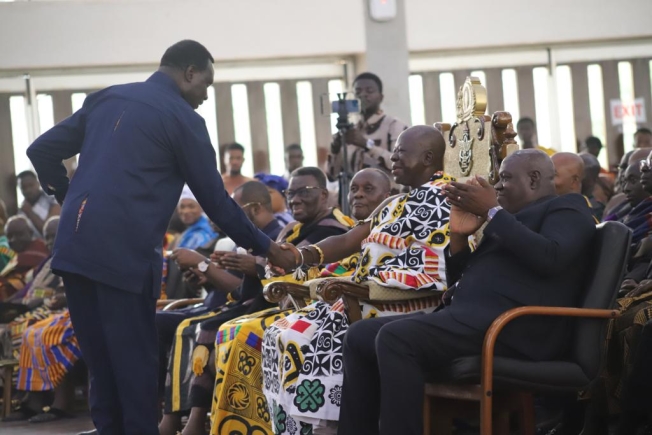
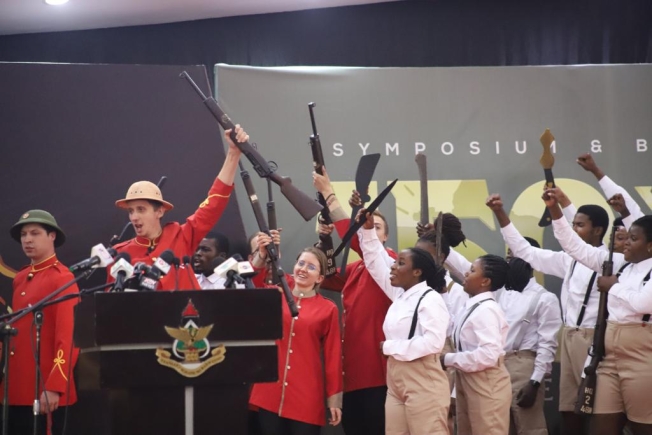
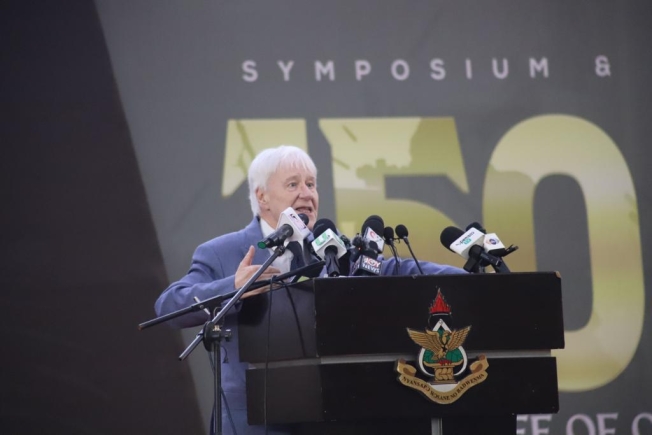
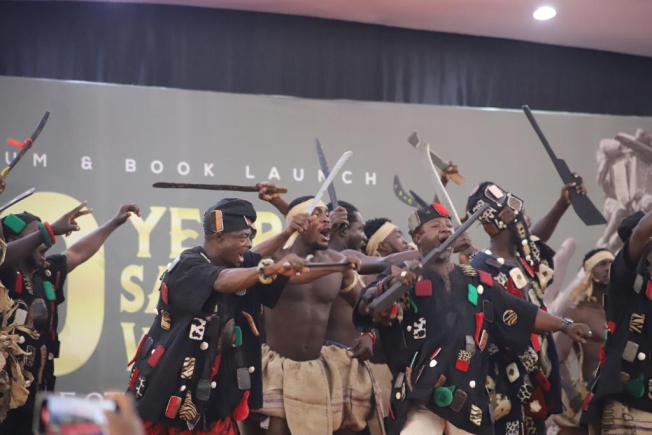
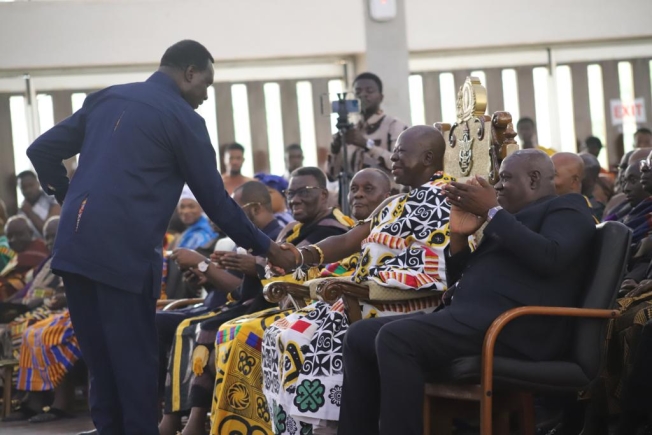
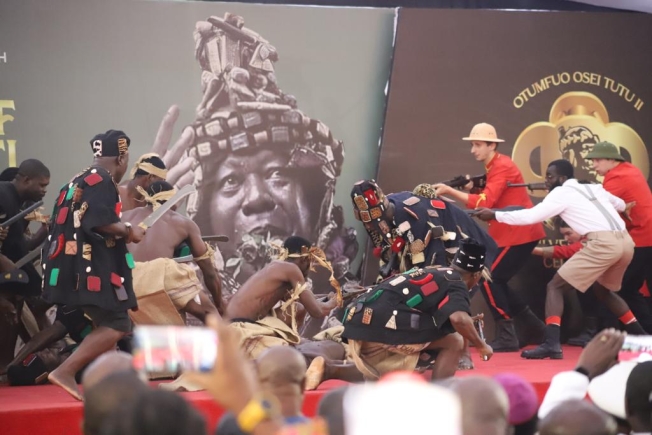
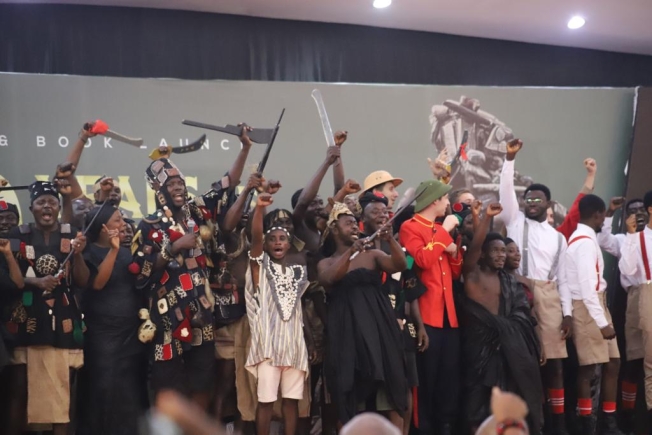
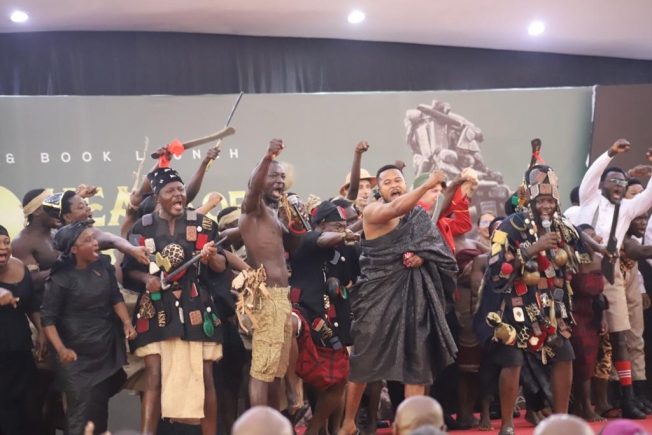
He appealed to writers of children’s books to consider writing children’s versions of the book to be read by children.
According to him, the book was a comprehensive history of the Asante Kingdom which should be on the shelves of every library in the country.


Symposium
Prior to the book launch, there was a symposium on the 150th anniversary of the Sagrenti War which was fought between the British Colonial Army and the Asantes.
The Kumasi Centre for National Culture staged a play written by Emmanuel Jewel Peprah Mensah to depict the Sagrenti War.
The stage play was to give the audience an idea about the war that happened and the wreck it left in its wake.

Sharing his views on the war, Prof McCastie said aside from the royal ornaments that were stolen from the palace, the British soldiers also looted gold and gold dust kept by the then Asantehene Otumfuo Kofi Karikari.
He explained that the value of the gold stolen by the British army could be worth more than £2billion.
Prof McCastie said some of the items stolen from the palace were still on display in museums in the UK and cited a brass basin used for spiritual cleaning which is still at the Military Museum in London.
He said the growing supremacy of the then Asante Confederacy posed a threat to the British colonialists who had to seek the support of other tribes to enable them to conquer the Asante.
For her part, a discussant at the symposium, Prof Eugenia Anderson of the History and Political Studies Department of the Kwame Nkrumah University of Science and Technology (KNUST) eulogised the contributions of Asante women in the war and the sustenance of the Asante kingdom.
She said although women of child baring age did not play much role at the frontline of the war due to socio-cultural barriers, those advanced in age were allowed to play an active role in the socio-political life of the kingdom.
Prof Anderson cited the role played by three Asante queen mothers, namely Afia Kobi, Nana Yaa Akyaa and Yaa Asantewaa.
She said these women were very instrumental in protecting the golden stool













